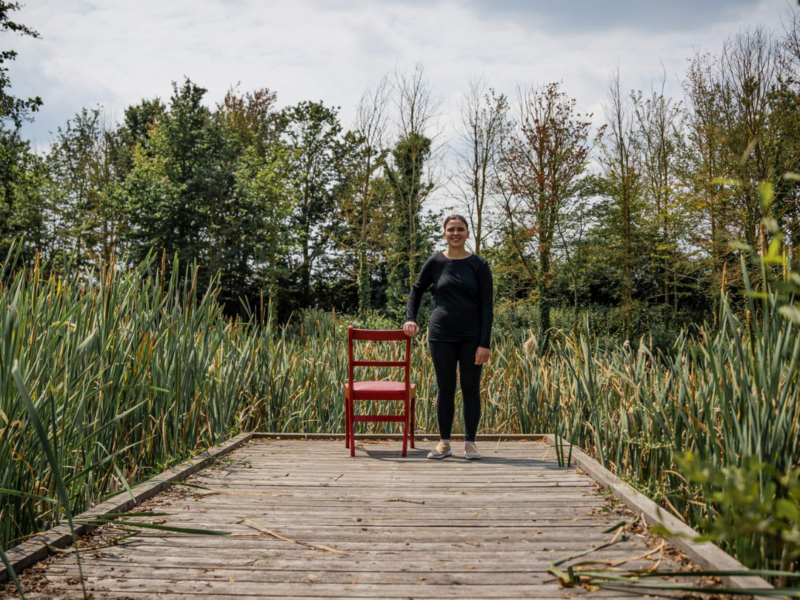Grief and Learning Disabilities
Grief and death affect us all and yet we often struggle to talk about them. The anxieties and taboos around death can be greater for people with learning disabilities and their families, friends and carers. But it is important not to exclude people from these important topics and life events. In this blog, we reflect on what we learnt during our learning disabilities and grief webinar and share some helpful resources. You can watch the webinar on our YouTube channel here.

View the resource list here: Resource List – Grief and Learning Disabilities
Some Ideas and Advice from the Panel
Before a Bereavement
Make death and dying part of everyday conversation: It is not usually helpful to leave talking about death until somebody dies. Instead, we can look for opportunities to talk about death and dying in our daily life – for example, we can use a moment when somebody dies in a story or on TV to open up a conversation. In the recorded session, Professor Irene Tuffrey-Wijne (Professor of Intellectual Disability and Palliative Care at Kingston University London) explains that this can help people with learning disabilities ‘learn the language and the concept’, so that they are more prepared for bereavement in their own lives.
After a Terminal Diagnosis
Involve people with learning disabilities as early as possible: Although it’s natural to want to protect people we love from upsetting news, it’s important that everyone is told what is happening. It is best to use the words ‘death’ and ‘dying’ so there’s less chance of confusion.
Communicate in whatever way the person with learning disability uses: Sarah Helton (an expert in working with children with Special Educational Needs and Disabilities (SEND)) notes that it is important to ‘meet people with learning disabilities where they are and use whatever methods of communication they use’. There is a growing bank of resources that can support these conversations and interactions, including sensory stories and social stories without words (see our resource list below).
Ask about worries and consider practicalities: Irene observes that sometimes people have very practical concerns, and it can help to talk things through and explain what is going to happen. For many people, it is helpful to know what to expect when someone dies.
After a Bereavement
Don’t hide your own grief: Sarah recommends trying to ‘be a good grief role model’, to show people with learning disabilities that it’s okay to cry, feel emotions like anger and have times when we are happy. Seeing other people’s experiences of bereavement can normalise the emotions of grief and reassure us that we are not alone.
Help people with learning disabilities understand the permanence of death: Irene suggests that it can be helpful to demonstrate to people with learning disabilities what bereavement means in practical and concrete ways. For example, we can take a person with learning disabilities to the room where someone used to be to make their absence visible, ‘letting them see and experience the loss’.
Encourage people with learning disabilities to stay connected to people who have died: Grief research suggests that it can be helpful to find ways to connect with people who are important to us who have died, perhaps by touching or wearing a physical object that belonged to them, listening to the music they liked, making a memory box, or visiting a place we used to go to together. It’s a good idea to talk to people with learning disabilities about how they would like to remember the person. We might like to create a ritual or tradition that allows us to come together and share memories.
Creative activities can provide a safe and indirect way to explore how we feel, often without using words. Stephen Clarke from biggerhouse films worked with a group of adults with learning disabilities on the film We Need to Talk About Death. He explained that the act of making things can allow us to externalise our emotions and share them with others.
Image: Some of the people who participated in creating the film We Need to Talk About Death